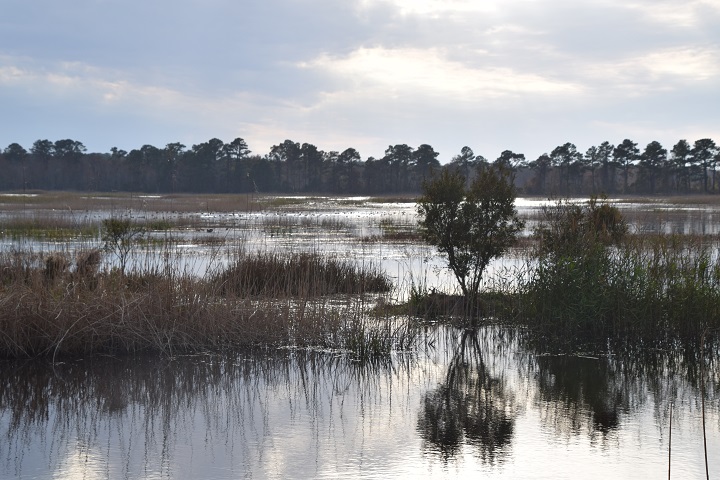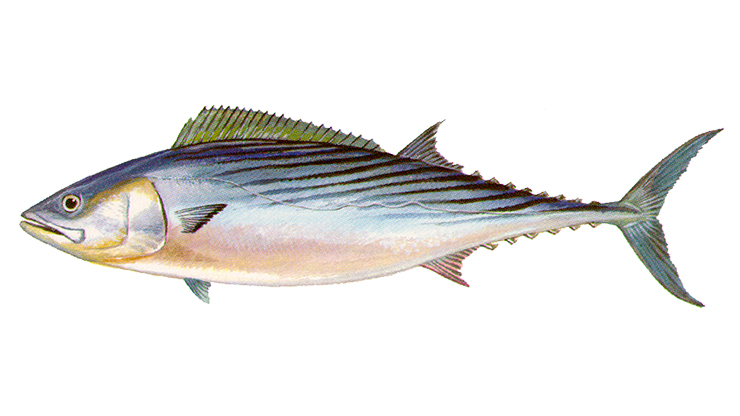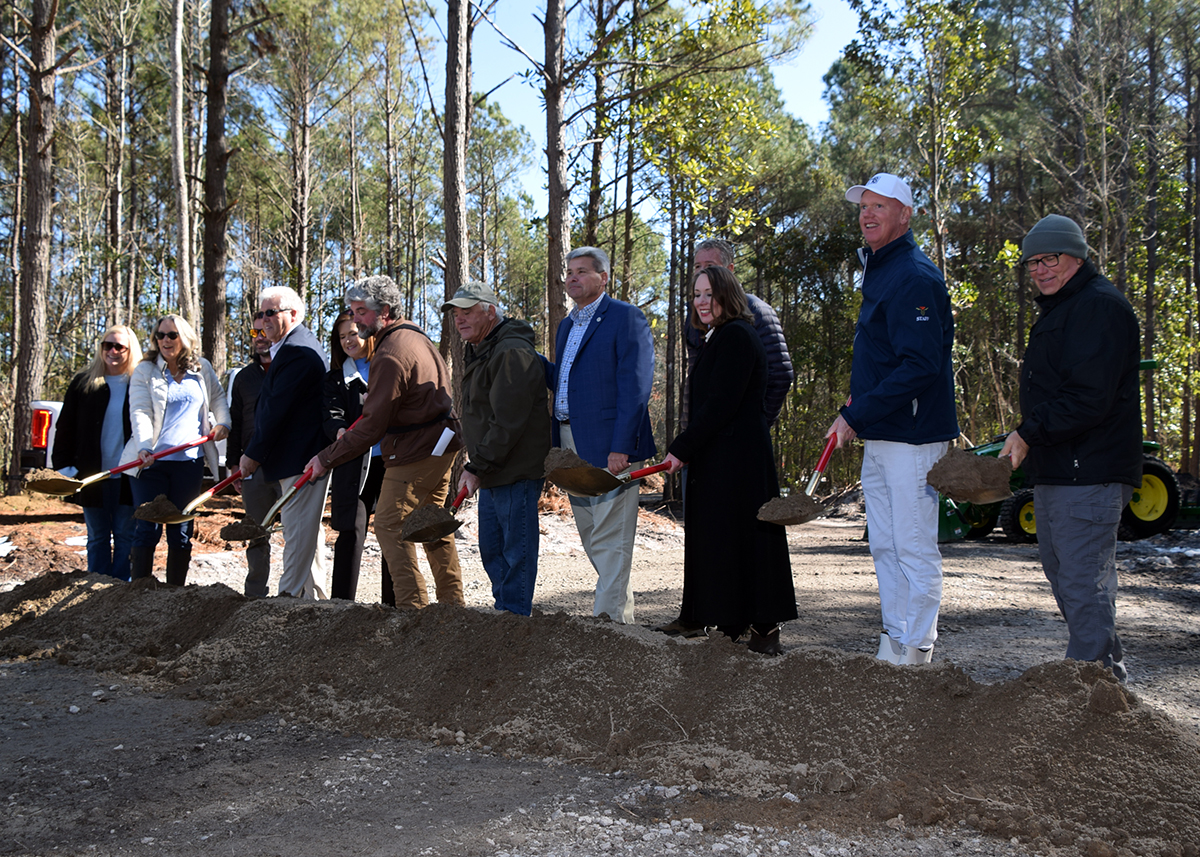
A virtual meeting is set on efforts underway to implement a plan to restore the lake’s water quality and reduce flooding throughout the watershed.
The Lake Mattamuskeet Watershed Restoration Plan was approved August 2019 by the N.C. Department of Environmental Quality. Now, those who developed the plan are working to implement it.
Supporter Spotlight
Hosted by the North Carolina Coastal Federation, the meeting is set to begin at 7 p.m. Aug. 26. Attendees will hear from Kendall Smith, the new manager for the Mattamuskeet National Wildlife Refuge as well as from U.S. Fish and Wildlife Service and the state Wildlife Resources Commission staff on monitoring efforts and scientific studies.
In 2020, state and federal grants were awarded to advance the plan’s implementation.
To register for the meeting being held via Zoom and view the agenda, visit nccoast.org/
The three major projects recently started to help reduce flooding and improve water quality, funded by the N.C. Clean Water Management Trust Fund, the General Assembly and the National Science Foundation, will also be discussed as well as identifying possible service district boundaries that could enable the management of lake water levels, and design engineering plans for future infrastructure needed to manage water based upon the watershed modeling results.
Those that live, work or own property near the lake will be invited to join a research project by East Carolina University students at the meeting. Those who volunteer will be asked to participate in discussions with the research team and students as they design engineering projects to address flooding issues. Each volunteer will receive a $20 gift card to an area restaurant for their participation. Contact Linda D’Anna at dannal15@ecu.edu or 252-475-5457 if you are interested in participating in this research study.
Supporter Spotlight
Lake Mattamuskeet, the largest lake in North Carolina, in Hyde County experienced declining water quality and elevated water levels. In 2017, Hyde County, N.C. Wildlife Resources Commission, and the U.S. Fish and Wildlife Service formed a partnership and contracted the North Carolina Coastal Federation to develop a watershed restoration plan to address both poor water quality within the lake as well as chronic and persistent flooding on the surrounding landscape.
Interested community members and stakeholders can also sign-up for future email updates and leave comments via the project website. Contact Michael Flynn with any questions at michaelf@nccoast.org or 252-473-1607.







